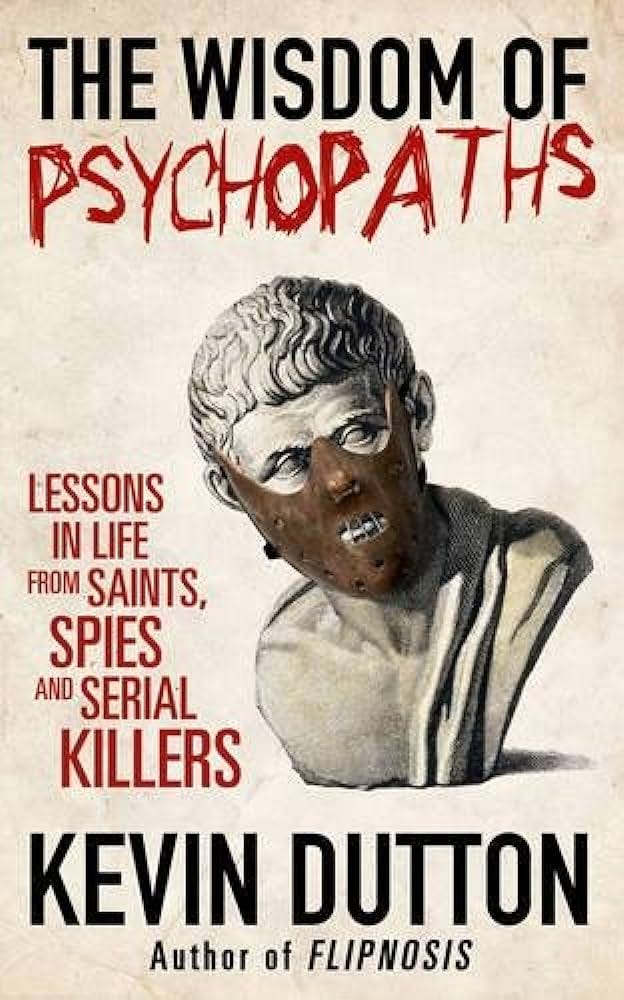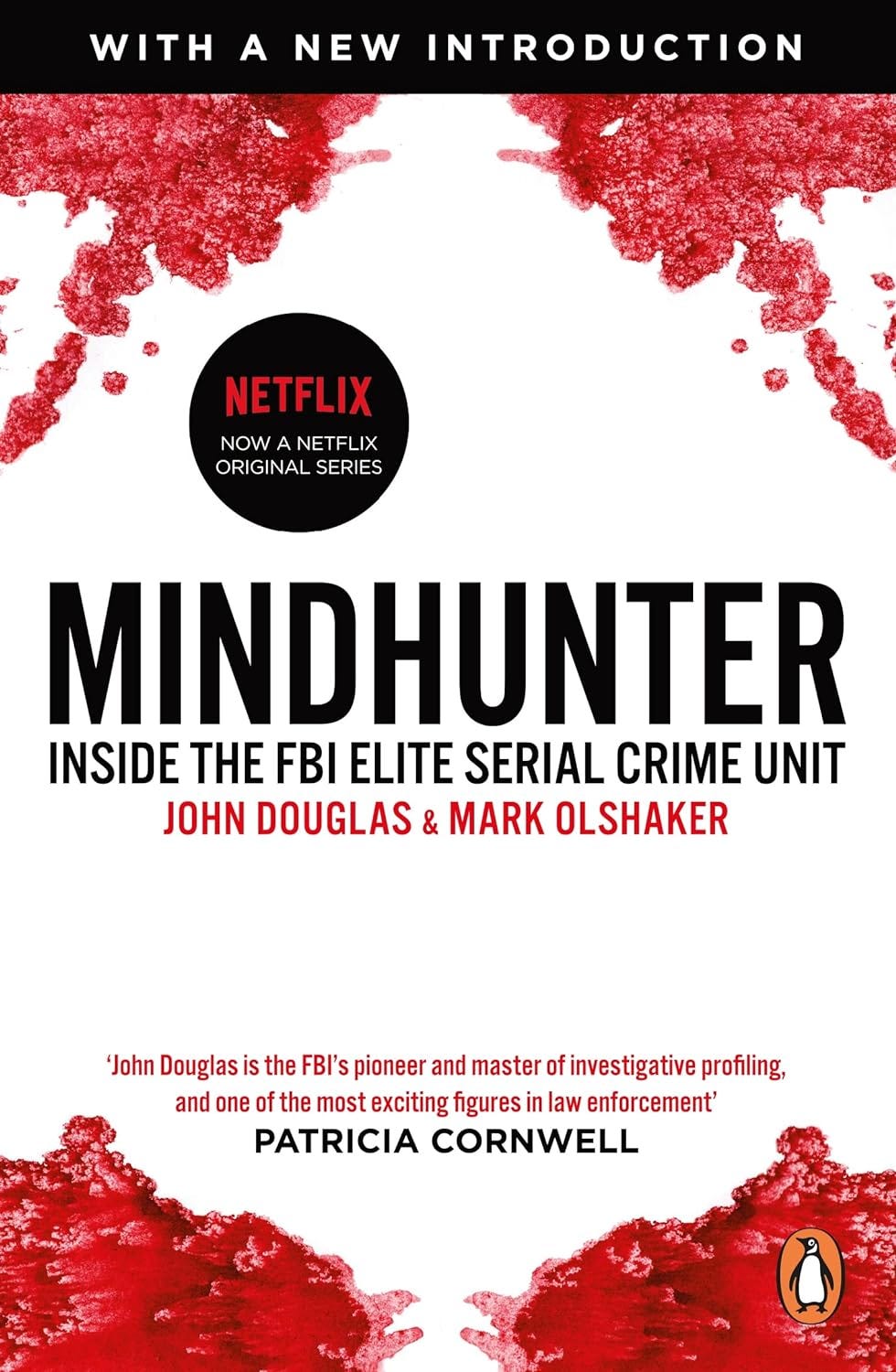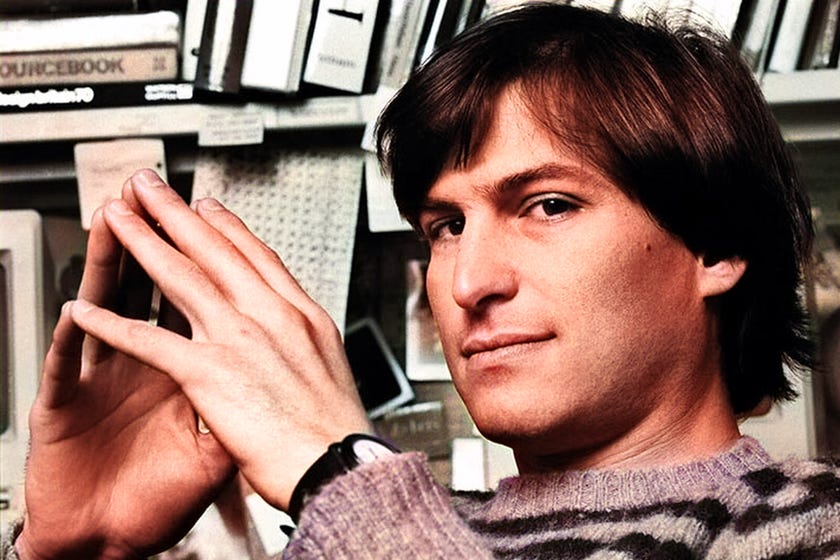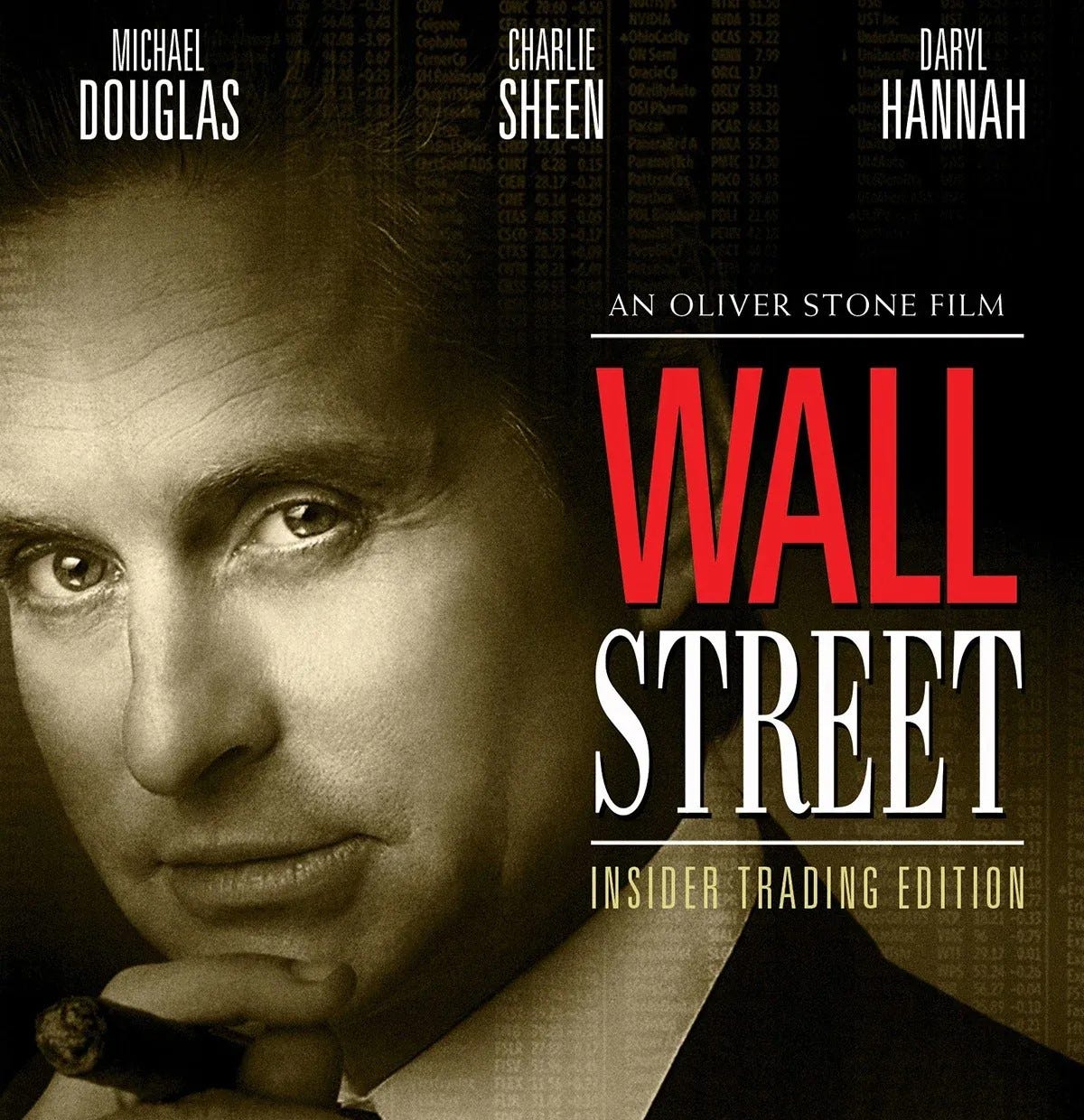Shades of Gray: Adaptive Psychopathy in Policing and Business
The Adaptive Potential of Psychopathic Traits
What if the traits we've long feared could be the hidden keys to unparalleled success in the most challenging careers? This isn't a twist in a psychological thriller but a startling reality in our modern professional world. In the shadows of boardrooms, operating theatres, and government halls, lurks a surprising player: adaptive psychopathy.
This concept, far from the ominous portrayal in films and literature, might be the unsung hero in high-stakes environments. Imagine a world where the cool detachment and fearless decision-making often associated with psychopathy are not just beneficial but essential for success. This intriguing premise is not just a hypothesis but a reality unfolding in the corridors of power and influence. These are the fearless, the resilient, the charmingly persuasive – and their presence in professions from police-work to the pulpit might just surprise you.
Understanding the nature of Adaptive Psychopathy
At the forefront of redefining our understanding of psychopathy is Dr. Kevin Dutton, a renowned psychologist and researcher at the University of Oxford. Dutton's work has challenged conventional perceptions and illuminated the complex nature of this often misunderstood trait.
In his seminal book, "The Wisdom of Psychopaths," Dutton unravelled the intricacies of psychopathic traits, painting a picture far more nuanced than the typical stereotype. He introduced the concept of "adaptive psychopathy," a perspective that recognizes the potential of certain psychopathic traits to contribute positively in various professional contexts when they are harnessed and managed appropriately.
The Seven Deadly Wins
Dutton identified a set of traits which he playfully termed "The Seven Deadly Wins". Although often associated with psychopathy, these traits, in reality, are intrinsic to the human condition and not inherently problematic. In fact, in moderation, they are advantageous and can significantly contribute to individual success and well-being in various contexts.
Ruthlessness: An unyielding drive to achieve goals, regardless of potential obstacles.
Charm: The ability to engage and attract others, useful in persuasion and negotiation.
Focus: The capacity to stay on task, undistracted by external or internal factors.
Mental Toughness: The resilience to cope with challenges and bounce back from setbacks.
Fearlessness: The courage to take calculated risks and make bold decisions.
Mindfulness: The presence of mind to remain aware and attentive, even under pressure.
Action: The tendency to take initiative and follow through with plans decisively.
Dutton argues that each trait has its merits and problems arise when any single one is dialled up too high or when multiple traits intensify without the counterbalance of empathy, conscience, or self-regulation. An overabundance of ruthlessness might lead to insensitivity or callousness. Excessive charm can verge into manipulation. Unrestrained fearlessness might manifest as recklessness. The key is not in the presence of these traits, but in their management and integration within one's personality through self-awareness and appropriate restraint.
A cornerstone of Dutton's methodology was his use of the Psychopathic Personality Inventory (PPI). Unlike instruments that focus solely on pathological aspects, the PPI illuminates the presence of these traits within non-criminal, high-functioning populations, providing a broader and more nuanced understanding of psychopathy. This approach allowed Dutton to discern how the "Seven Deadly Wins" manifest across a range of occupations, shedding light on the adaptive potential of these traits.
The 10 Most Psychopathic Occupations: Dutton's research identified the professions where psychopathic traits are most prevalent. His list of the top 10 occupations reveals a fascinating pattern: professions that demand high-stakes decision-making, strategic thinking, persuasiveness and emotional resilience are also those where the above traits can be most beneficial.
CEO: The corporate world's top echelon, where strategic decision-making and ruthlessness often lead to success.
Lawyer: A profession that requires a sharp mind, persuasive communication, and often, a tough-as-nails approach.
Media (Television/Radio): Fields where charm and charisma can catapult individuals to success and fame.
Salesperson: A role that benefits from persuasive skills and a relentless drive to meet targets.
Surgeon: A high-stakes profession where precision, focus, and the ability to operate under pressure are crucial.
Journalist: An industry where mindfulness and action combine to uncover and report the truth.
Police Officer: Law enforcement roles that demand fearlessness, mental toughness, and a focus on protecting society.
Clergy: Surprisingly, a profession where charm and persuasive communication can profoundly influence and lead congregations.
Chef: A high-pressure role where decisiveness and perfectionism are key ingredients for success.
Civil Servant: Positions that often require a combination of strategic thinking, focus, and resilience.
To put flesh on these bones (so to speak), I’m going to explore four of these professions using both public figures and fictional examples. Please note that this is only based on information from publicly available sources and does not constitute any form of psychological diagnosis or clinical assessment of any individual. The intent of this exploration is to engage with Dutton’s concept of adaptive traits and to stimulate reflection into how certain traits can manifest both positively and negatively in a number of high-stakes professions.
In Policing - The Protectors
John E. Douglas, a former FBI special agent and pioneering criminal profiler, is a figure whose career and personal reflections provide profound insights into the complexities of dealing with extreme criminal behaviour. His work and experiences resonate with some of the "Seven Deadly Wins," particularly in the context of law enforcement and criminal profiling.
Douglas, whose career involved profiling some of the most notorious criminals, exhibited several traits that were instrumental in his success. His fearlessness, focus, and mental toughness align closely with Dutton's framework. These traits allowed Douglas to delve into the minds of criminals, understand their motivations, and anticipate their next moves — a process both fascinating and psychologically taxing.
In his book Mindhunter, Douglas openly discusses the personal toll his work took on him. The intensity and darkness of delving deeply into the psyche of serial killers and violent criminals had significant emotional repercussions. One of the most poignant manifestations of this was Douglas's admission that he found it difficult to empathize with everyday occurrences, such as his children getting hurt, a stark contrast to the depth of understanding he had for criminal minds. This detachment, while perhaps a protective mechanism against the horrors he dealt with professionally, underscores the complex interplay between professional efficacy and personal emotion.
In Fiction: Dexter Morgan
The TV character of Dexter Morgan presents an interesting contrast. Dexter is a forensic analyst for the Miami Metro Police Department, leading a double life as a vigilante serial killer. He embodies the concept of the "pro-social psychopath," someone who possesses traits typically associated with psychopathy but channels them in a way that aligns with societal norms or even supports social justice, at least in the narrative of the show.
Our vicarious enjoyment of characters like Dexter speaks to a complex fascination with the idea of someone enacting a form of justice free from the constraints of law or conventional morality. It reflects an intrigue with the notion of someone possessing the fearlessness, focus, and ruthlessness to 'get even' with wrongdoers, traits that, in a more controlled and ethical context, contributed to John E. Douglas's success as a profiler.
The comparison between real-life figures like John E. Douglas and fictional characters like Dexter highlights the multifaceted nature of traits that can be both an asset and a burden. Douglas's real-world experiences show the professional utility and personal cost of these traits, while fictional narratives explore the moral and psychological complexities of characters who operate on the fringes of these traits in extreme, dramatized scenarios. Both perspectives offer valuable insights into the delicate balance between utilizing innate traits for professional excellence and maintaining personal well-being and ethical integrity.
In Business - The Innovators
Steve Jobs's legacy as the co-founder of Apple Inc. is a multifaceted tale of groundbreaking innovation, driven leadership, and personal complexity. His story provides a vivid illustration of how certain traits can lead to remarkable success but also interpersonal challenges.
Apple employees coined the term, the 'Reality Distortion Field' to encapsulate Jobs's unique ability to convince himself and others to pursue and achieve seemingly impossible goals. I’d argue this ability can be viewed as a powerful fusion of four of Dutton’s “Seven Deadly Wins”:
Charm: Jobs's charisma was undeniable, enabling him to captivate audiences and inspire his team.
Focus: His laser-like concentration allowed him to envision innovative products and drive his team towards these visions.
Fearlessness: Jobs was bold in his decisions, often venturing into uncharted territories with confidence.
Ruthlessness: His uncompromising pursuit of excellence pushed his team to achieve peak performance, sometimes at a high personal cost.
However, the intensity of these traits impacted Jobs's interpersonal relationships:
Andy Hertzfeld, a member of the original Macintosh team, described Jobs's management style as demanding and intense. The work environment under Jobs was high-pressure and stressful, driven by his high expectations and direct, sometimes harsh, feedback.
Jobs's decision to deny stock options to early Apple employee Daniel Kottke, despite his significant contributions, was seen by many as a harsh move that disregarded early loyalty and friendship.
The anecdotal elevator confrontations, where Jobs would challenge Apple employees to justify their role and risk of being criticised or fired, reflect someone who was not just demanding, but could be intimidating and verge on being emotionally abusive.
In Fiction: Gordon Gekko
In contrasting Jobs with a fictional character, Gordon Gekko from the Oliver Stone film "Wall Street" stands out. Gekko's mantra, "Greed is good," became a symbol of ruthless corporate ambition. Unlike Jobs, whose drive was rooted in a passion for perfection and innovation, Gekko's character was driven purely by profit and personal gain, often at the ethical expense of others.
While both figures exemplify the heights of success and the drive it can take to get there, Jobs's legacy is more complex, a blend of innovation, vision, and sometimes controversial leadership, unlike Gekko's unidimensional pursuit of wealth. Jobs's impact, though marked by interpersonal challenges, brought forth a revolution in technology and design, making his story a nuanced narrative of how the “Seven Deadly Wins” can shape a legacy in ways that are both profoundly influential and deeply human.
In summarizing Steve Jobs's journey, it becomes evident that the line between brilliance and overreach is thin, and the interplay of traits that can lead to success can also strain relationships and personal life. His story is a testament to the multifaceted nature of leadership and the delicate balance between harnessing one's innate traits for greatness and navigating the complexities of human interactions and ethical considerations.






